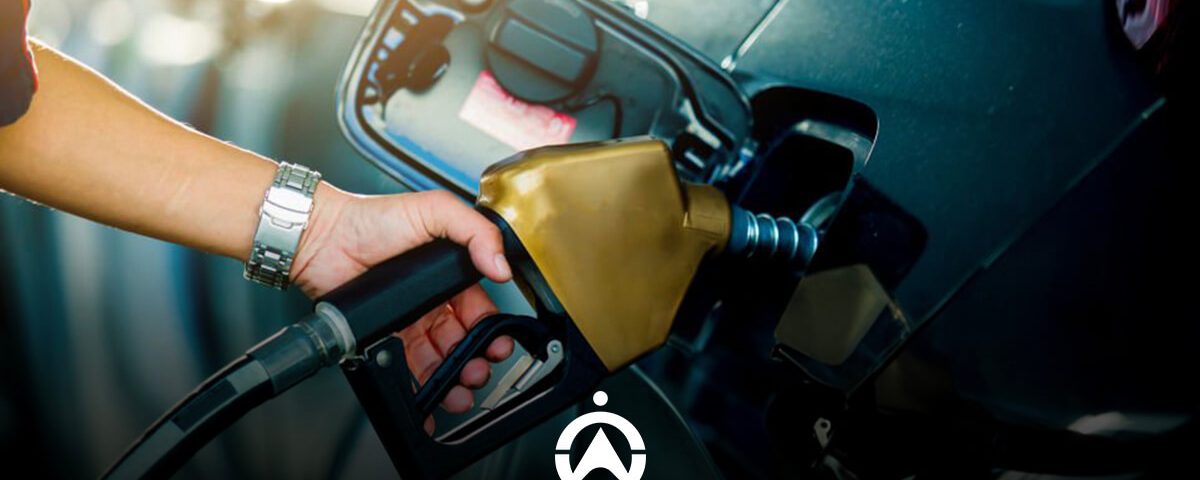Why It Is Important to Measure Fuel Flow in Your Engine
Fleet-related industries rely on efficiency and precision to keep operations running smoothly. And, when it comes to potential profit drainers like fuel inefficiency, you need a fuel monitoring tool that gives you accurate data for informed decision-making.
Discover why it’s important to measure fuel flow in your engine and how fuel probes can boost your business.
Understand the real reasons to measure fuel flow in your engine
- Fuel Efficiency: Monitoring fuel flow helps you identify inefficiencies in your engine’s operation.
By pinpointing areas where fuel is being wasted, you can take steps to improve fuel economy and reduce your overall fuel consumption.
- Engine Performance: Fuel flow data provides valuable insights into your engine’s performance.
By analysing the fuel flow rate under different operating conditions, you can detect potential issues like fuel leaks, injector problems, or faulty sensors that might be affecting your engine’s power output and responsiveness.
- Maintenance: Tracking fuel flow helps you stay on top of your engine’s maintenance needs.
Unusual spikes or drops in fuel flow can indicate potential problems that require attention before they escalate into more serious issues. Regular monitoring can help prevent costly breakdowns and ensure your engine’s longevity.
- Emissions: Fuel flow data can be used to assess your engine’s emissions levels. By optimising fuel delivery and combustion, you can reduce harmful emissions and contribute to cleaner air.
Learn the differences between fuel level sensors and fuel probes
When it comes to measuring fuel level and fuel flow, we can see the benefits; especially when you manage or run a fleet-based business and fuel economy is crucial. Let’s discuss this in detail by first looking at the difference between fuel level sensors and fuel probes that help you measure fuel flow.
If you want to understand the difference between measuring fuel levels and fuel flow, it’s important to understand how both are measured and what tools are used to measure each. First, let’s look at fuel level sensors, how they work, and the different types.
A quick overview of fuel level sensors
Fuel level sensors, telematics, and IoT devices collect different types of data that help you understand the real-time fuel levels in your fleet vehicles’ tanks. Using a fuel sensor, our MiFleet Fuel solution provides the following:
- Validation of fuel tank capacity
- Validation of how many litres are in the tank
- The ability to detect fuel theft
- Fuel consumption
Our MiFleet Fuel solution is multifaceted. It can be used in a variety of industries, such as automotive, marine, and industrial fleets.

How a fuel probe works
These devices measure the fuel quantity flowing in your fuel tank. They provide fleet managers and operators with fuel flow data that is 98% accurate, helping to optimise vehicle, vessel, or equipment performance and increase efficiency.
One of the main reasons fuel probes are so valuable is because of the real-time data they provide on fuel levels in your vehicle that helps operators, drivers, and fleet managers proactively manage and make informed decisions on fuel management.
Why you need fuel probes in your fleet vehicles and equipment
The most important reason to measure the fuel flow to your engine with a fuel probe is that it provides nearly perfectly accurate data on your fleet’s fuel consumption, which can help you optimise your operations in multiple ways and contribute to increasing your ROI.
Here are some of the benefits you get from monitoring your fuel consumption with a fuel probe:
Lower fuel expenses and better fuel economy
Real-time fuel consumption monitoring is one of the most effective ways businesses can identify fuel drainage and other fuel-related inefficiencies. Checking your fleet’s fuel usage in real-time also gives fleet managers the power to make proactive decisions, like immediately looking for causes of fuel loss and fixing them. This helps to keep budgets stable instead of causing profit depletion and expensive vehicle repairs. Keeping vehicles healthy improves your fleet’s fuel consumption and economy, making it a win-win for your business in the long run.
Reduced vehicle downtime and improved performance
A well-maintained vehicle is a fuel-efficient vehicle. A vehicle operating at peak performance consumes less fuel than one with mechanical issues. Early detection of potential problems can significantly reduce downtime and improve fuel efficiency.
Accurate ESG reporting tool
Providing an accurate Environmental Social and Governance (ESG) report is crucial to instilling and maintaining trust in investors and stakeholders. Fuel probes help you generate data and accurately document your business’s sustainability to meet the ESG Fuel Management 2024 criteria so you can increase transparency. And, with accuracy being crucial, these probes are the way to go.
Accurate fuel costing analysis
Fuel probes elevate your fuel budgeting capabilities with their exceptional accuracy. Every cent counts, and precise fuel data empowers you to maximise savings, enhance budget flexibility, and boost your bottom line.

Other ways Cartrack Namibia helps you enhance your fleet’s fuel efficiency
Fuel probes help you get near-accurate data about your fleet’s fuel consumption. Cartrack Namibia can elevate your operations even more by tackling fuel inefficiencies from all angles and helping you optimise your profits the smart way.
- Risk reports
Regular reports of your drivers’ behaviours while on the road can help you pinpoint bad driving habits that lead to increased fuel consumption, like speeding and harsh acceleration. These detailed reports also serve as a foundation for targeted training material, helping you address problematic behaviour quicker to get better results from your drivers and experience better fuel economy in your fleet.
- Fuel graphs and reports
To help you pinpoint other fuel drainage and support fuel flow data, Cartrack’s Fleet Web platform allows you to view fuel usage graphs. A sudden fuel drop may indicate syphoning. MiFleet reports are also available under the Report function. This function allows you to view where and when the car was filled up and the tank capacity. The vehicle’s pre-installed fuel sensor enables you to see how much fuel is filled into the tank to spot any inconsistencies.
- CANBus
Our CANBus-enabled diagnostics work brilliantly with fuel probes by giving you real-time data and even more metrics to improve your fleet’s fuel efficiency. Apart from getting fuel usage insights, you also get accurate odometer readings to help you schedule timely maintenance for peak vehicle management and real-time alerts for engine faults so you can make intelligent decisions before parts start deteriorating, causing increased fuel consumption.
Let Cartrack Namibia optimise your fuel flow data and pave the way to success
Cartrack Namibia knows how important keeping track of your fleet’s fuel is for increased efficiency and profits. Contact us today and discover how we can optimise your operations.
Let us answer your FAQs:
- Why is fuel flow important?
A vehicle’s fuel flow accurately indicates whether the engine is performing how it should, which can help fleet managers identify problems early on and avoid maintenance problems piling up.
- Why is it important to monitor fuel flow to an engine?
The benefits include improving fuel economy, identifying fuel theft, reducing emissions, and reducing your fleet’s total fuel expenses.
- What is fuel flow measured in?
Fuel flow rate is generally measured in litres per minute.




